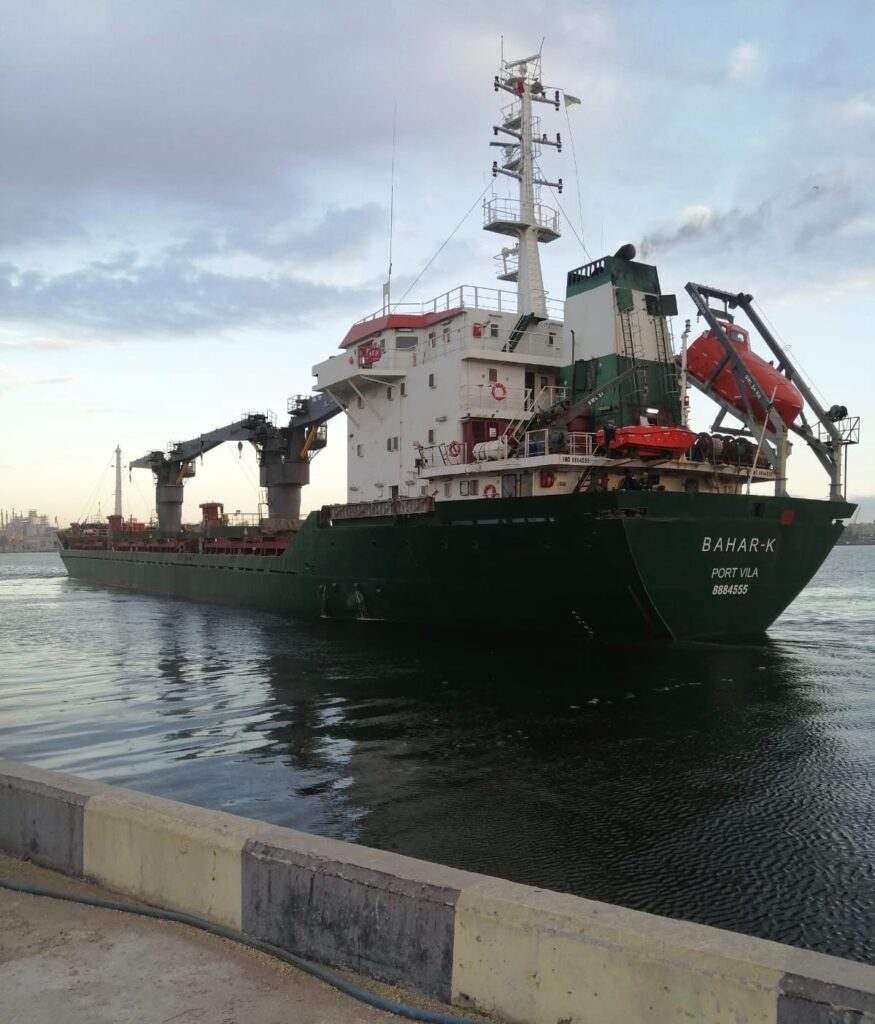The electronic queue for ships does not help, while russian federation sabotages inspections in the Bosphorus

The electronic queue in planning the entry and exit of ships from Ukrainian ports within the framework of the “grain agreement” makes the process transparent, but does not solve the problematic issues of ship inspections in the Bosphorus.
Improving the operation of the electronic queue, introducing online chats, regular meetings with port operators and the business community, monitoring the passage of the vessel through inspections, daily updating of information on the USPA website — all these measures optimize and make the process transparent for all market participants.
Reduction of the “grain corridor” queue from 150 to 90 vessels is the result of effective work planning by Ukrainian business and transparent formation of electronic queue mechanisms. But this cannot satisfy the need of ports and terminals, which is about 40 vessels per day, USPA noted.
The main problem of the formation of a queue of ships remains the destructive position of russian federation in carrying out inspections in the Joint Coordination Center. The russian side continues to systematically and unjustifiably slow down inspections of vessels and their registration for participation in the “grain initiative”.
An average of 5-6 out of 10 planned inspections take place every day. Thus, in March, all parties of the RCC approved to carry out 303 inspections, but only 168 took place. All this leads to a week-long or even a month-long idleness of vessels in the territorial waters of Turkey.
As a result, the load of Ukrainian ports fell to 30-35%, Ukraine under-exported almost 15 million tons of food cargo, cargo owners and Ukrainian farmers suffer significant losses, and needy countries of the world do not receive urgently needed Ukrainian grain on time.





